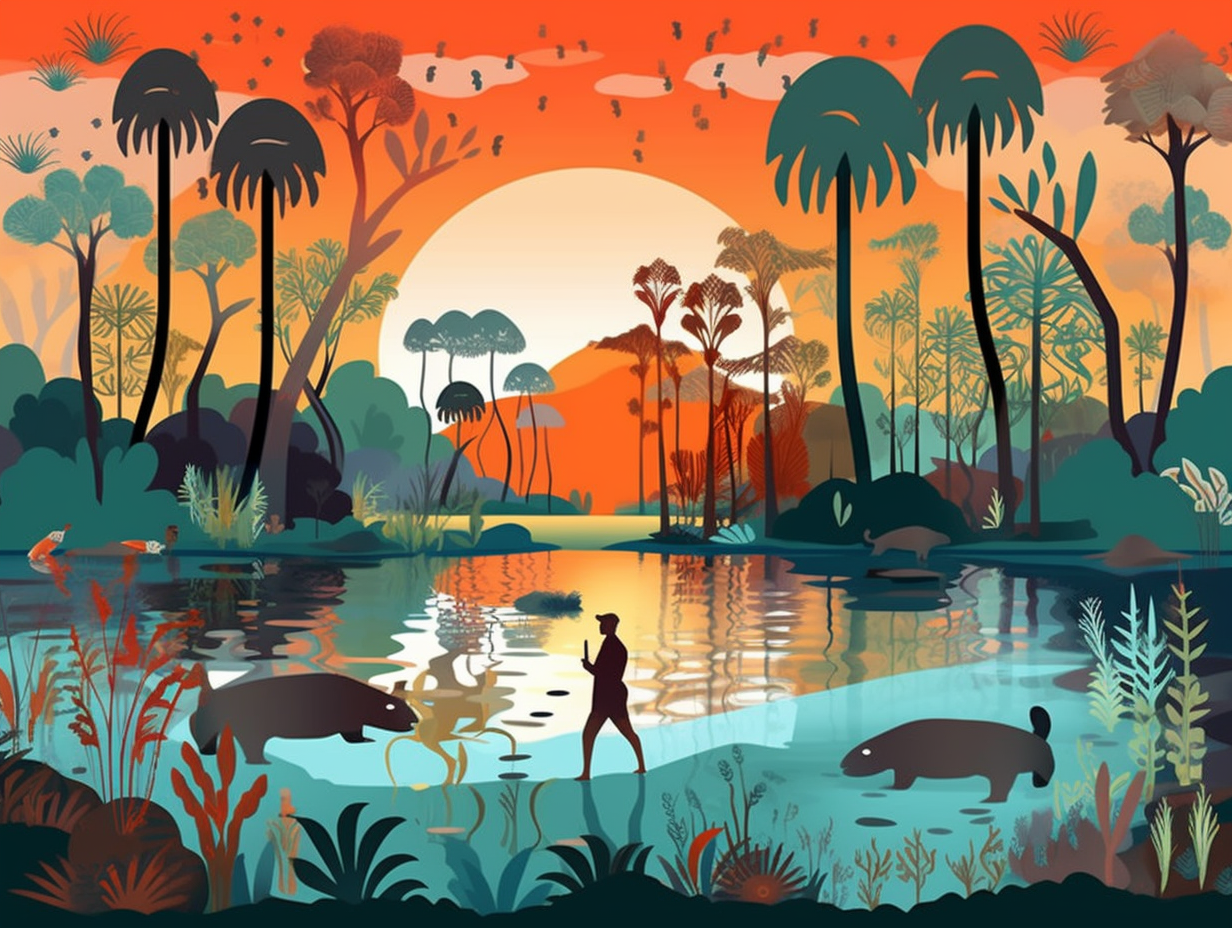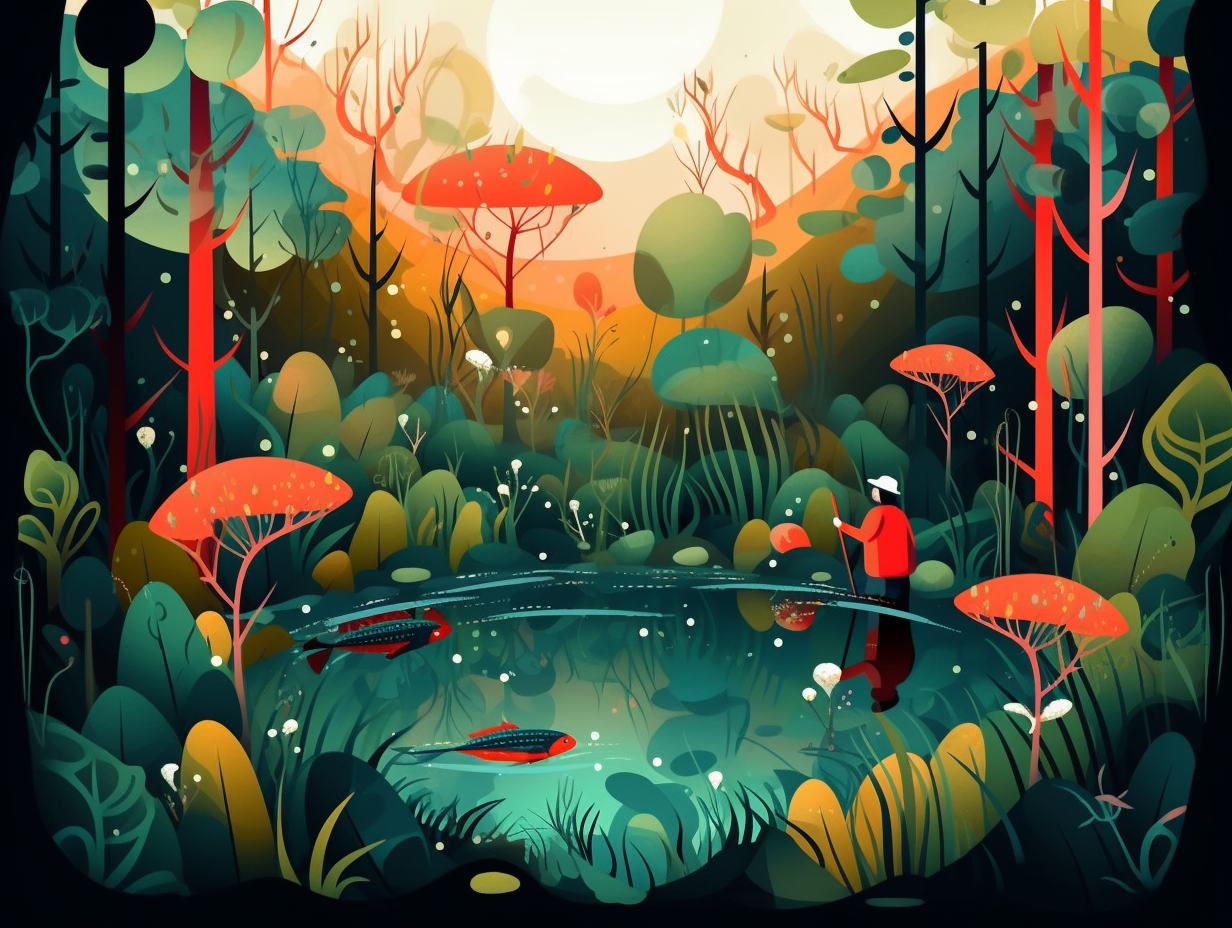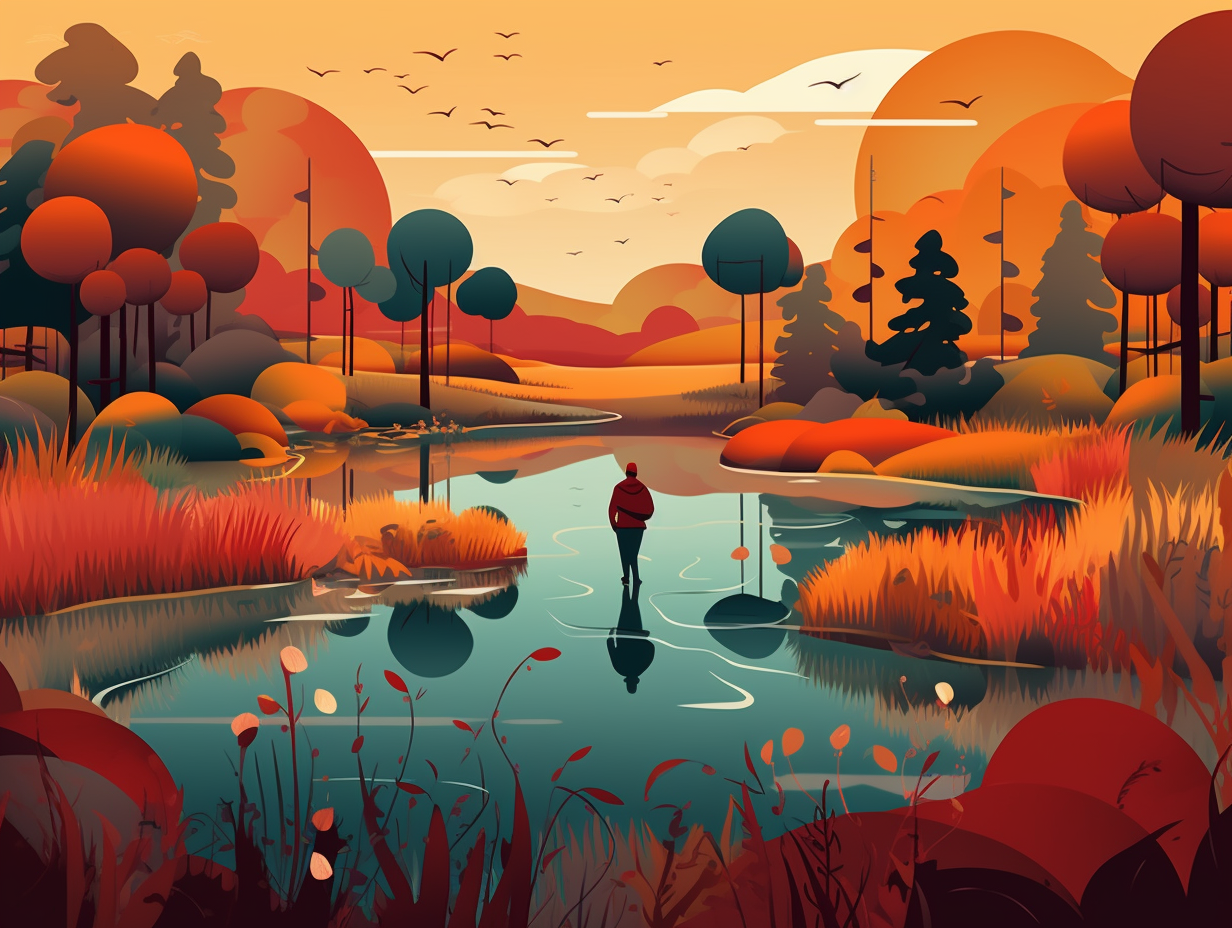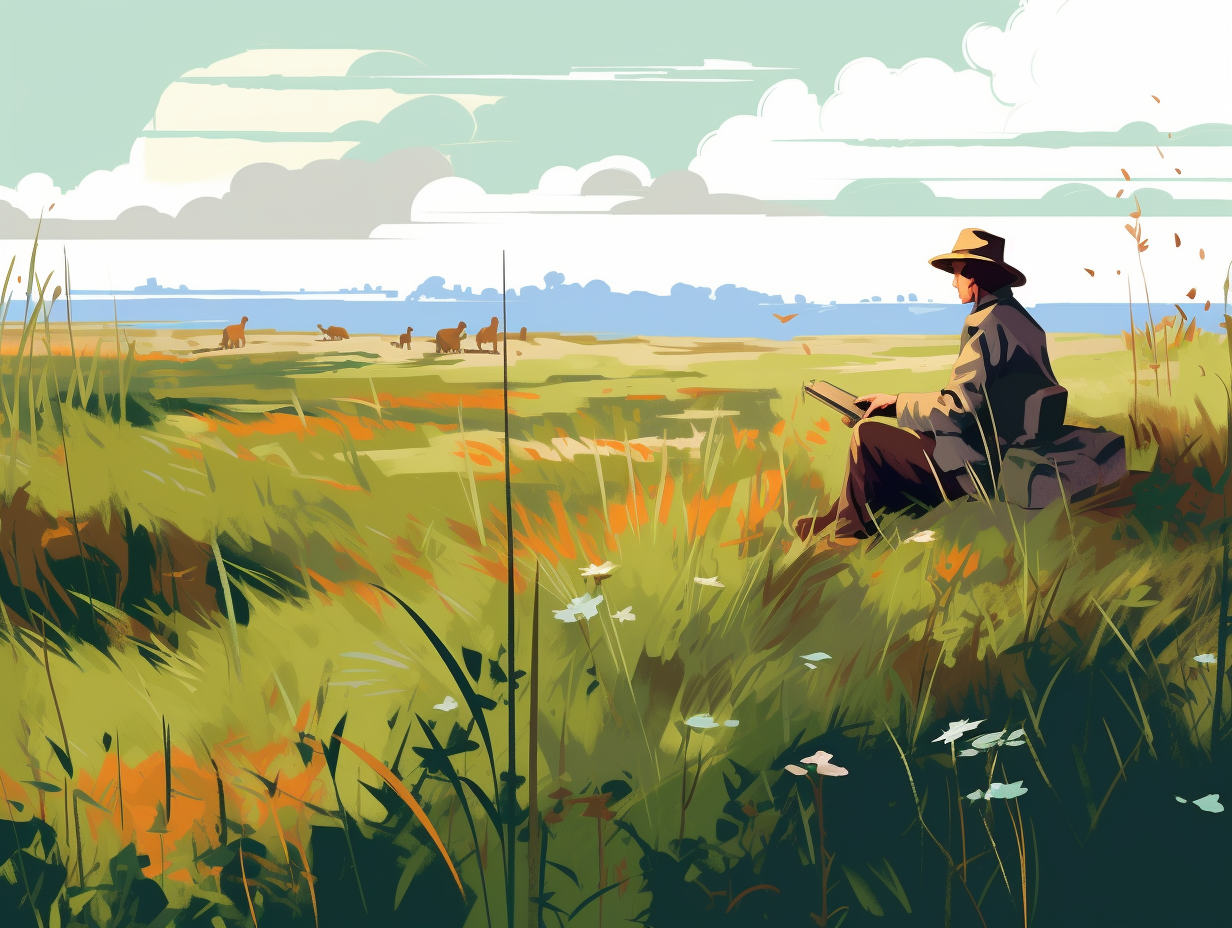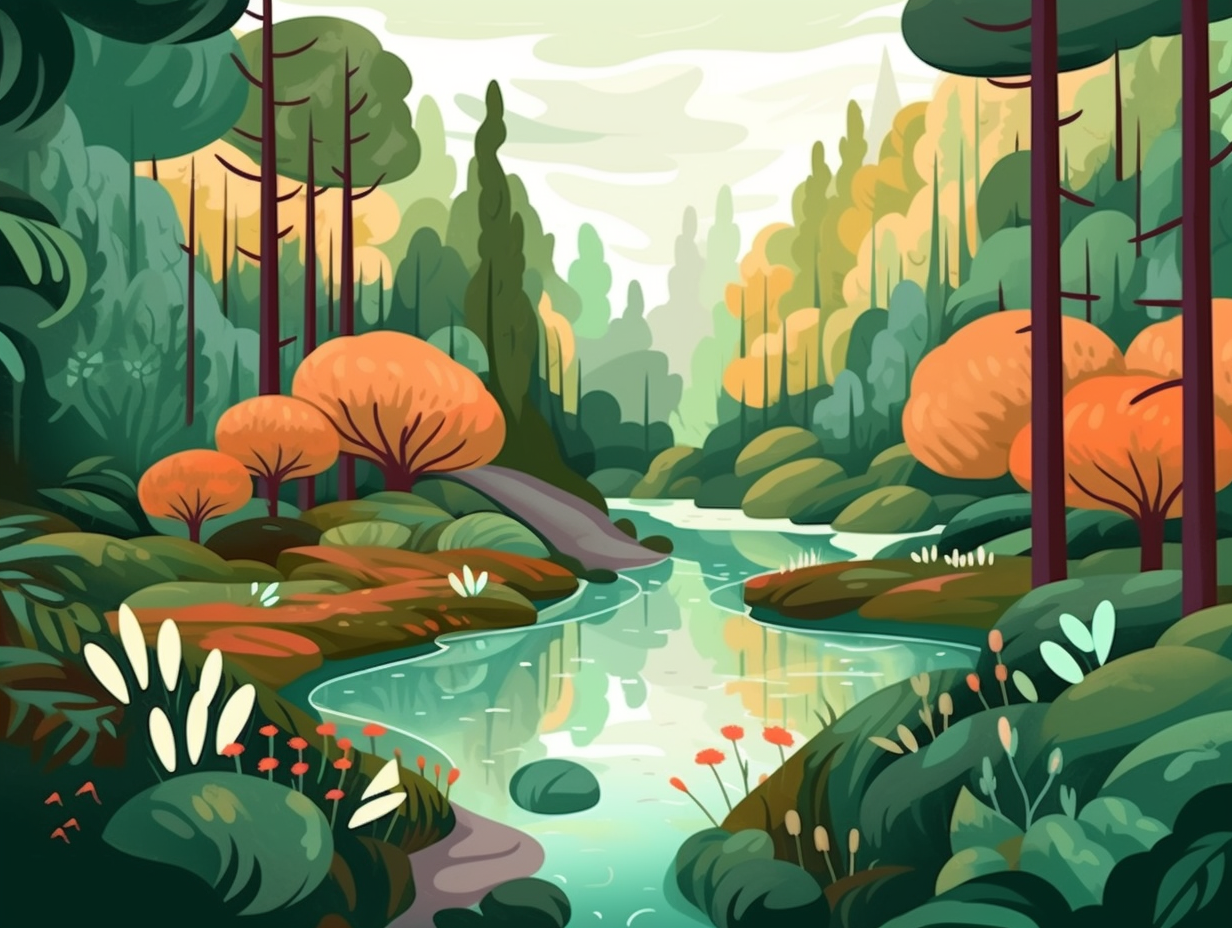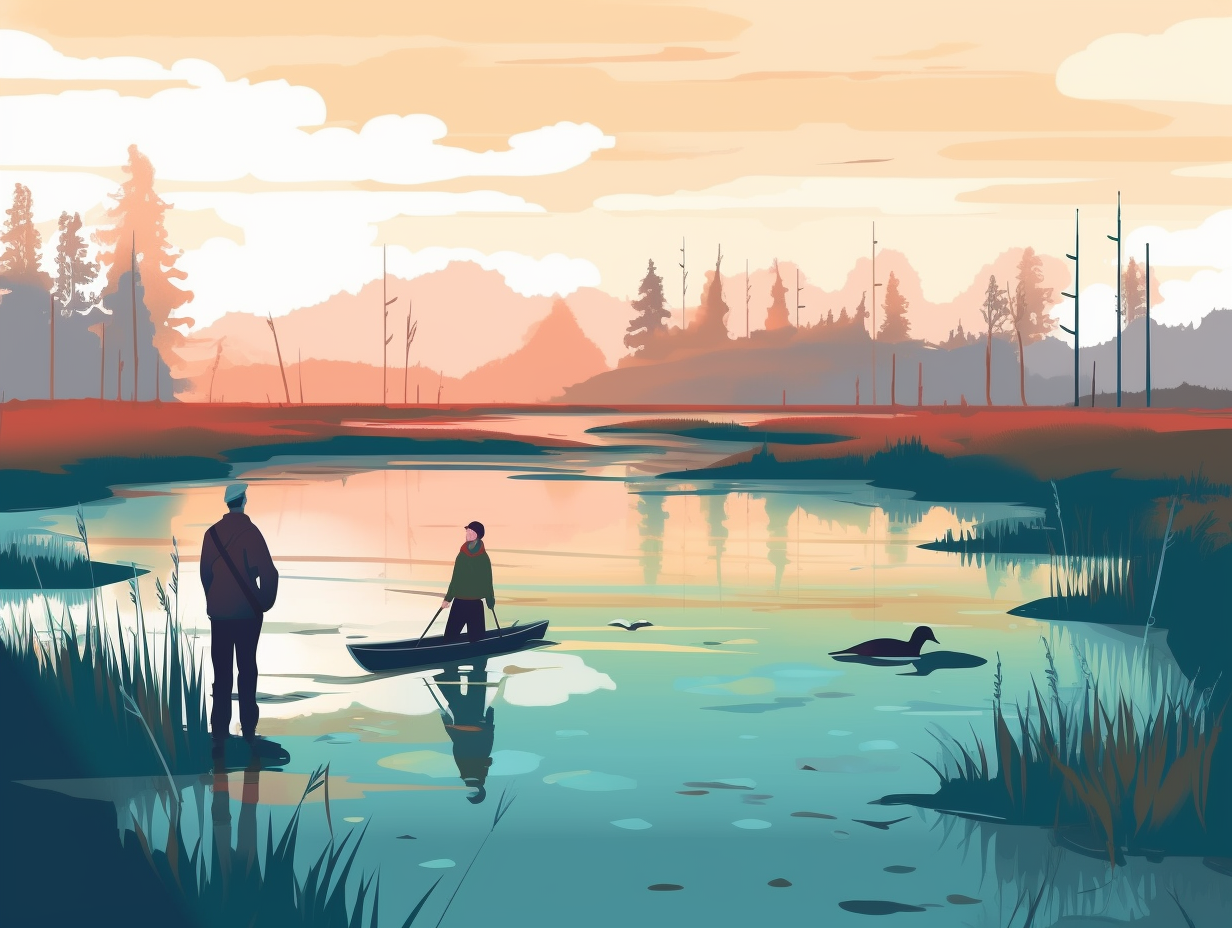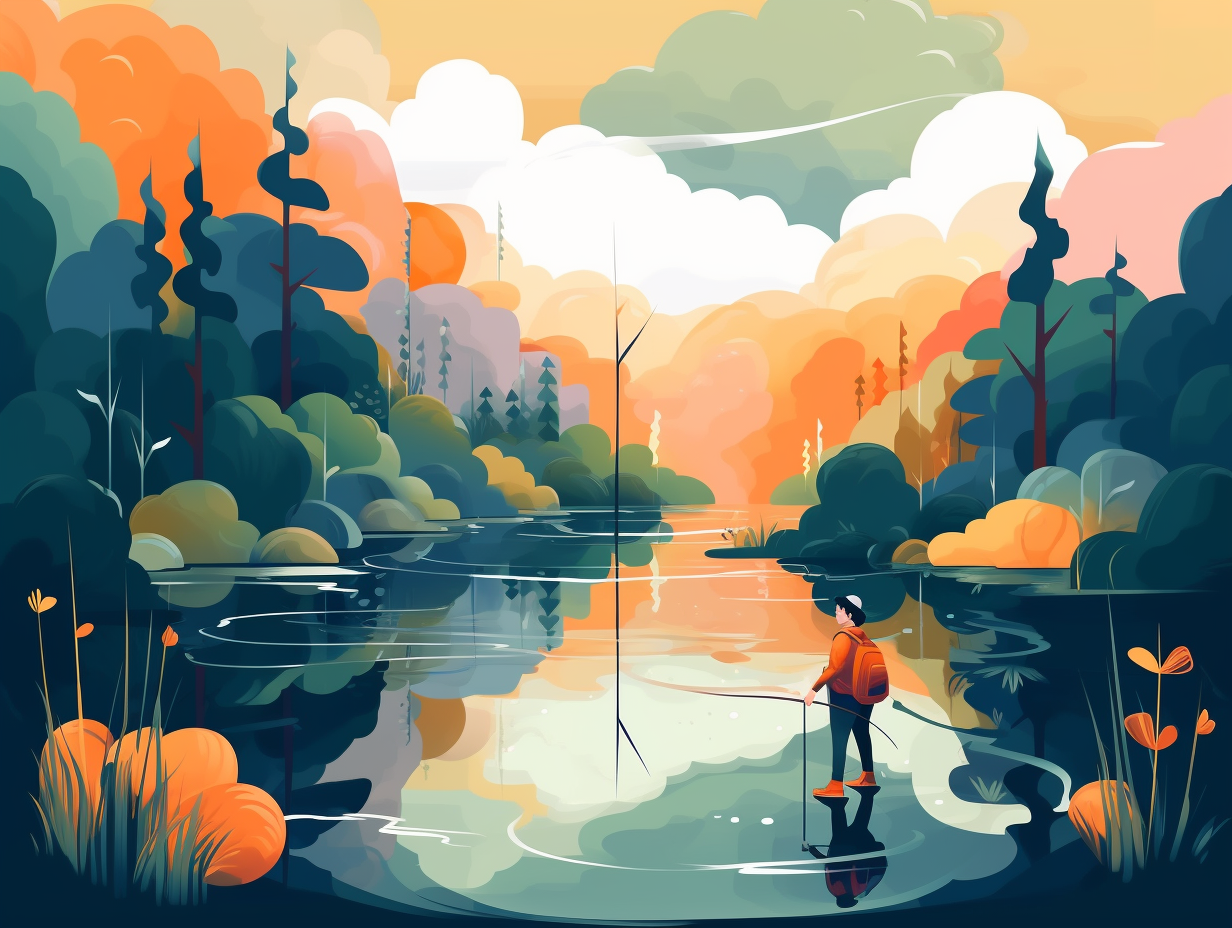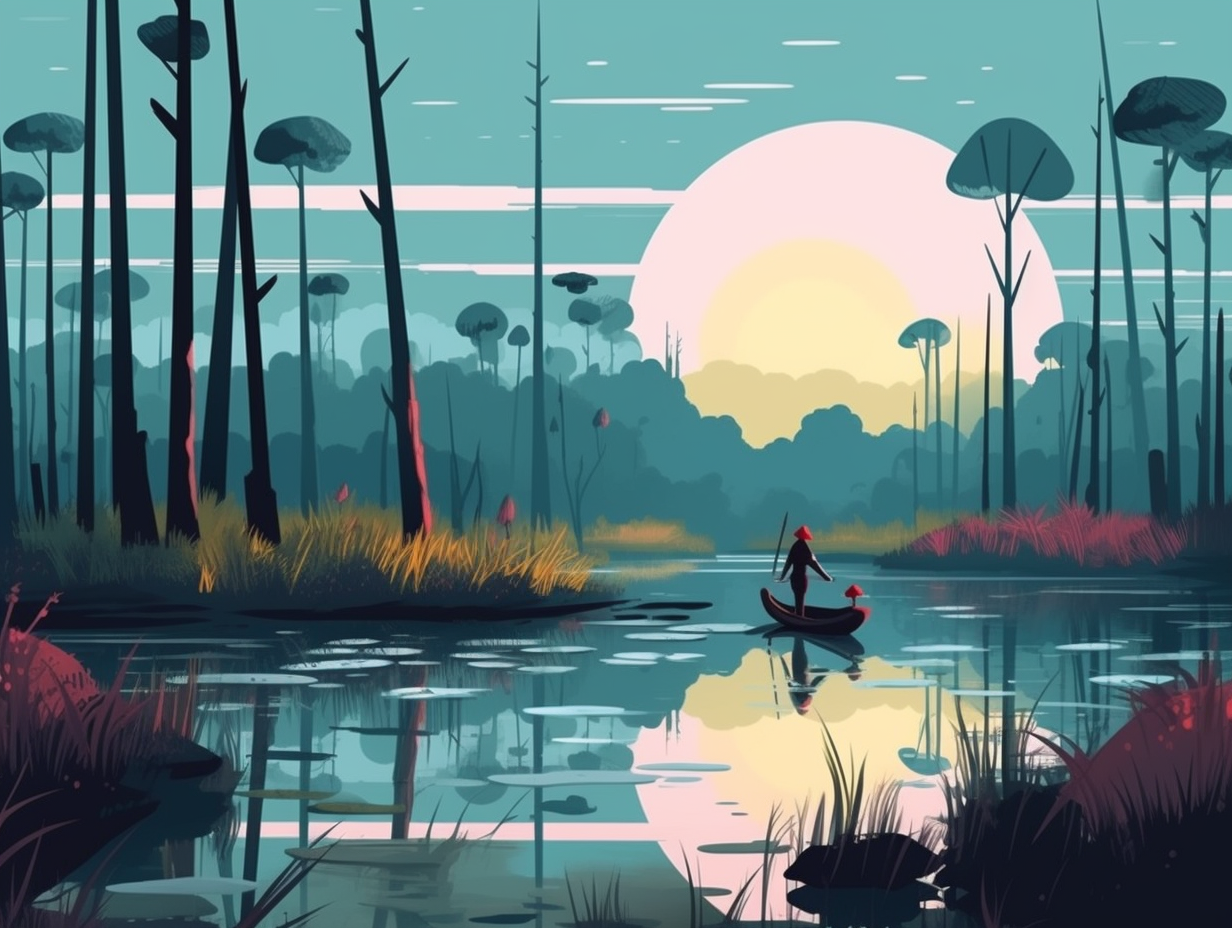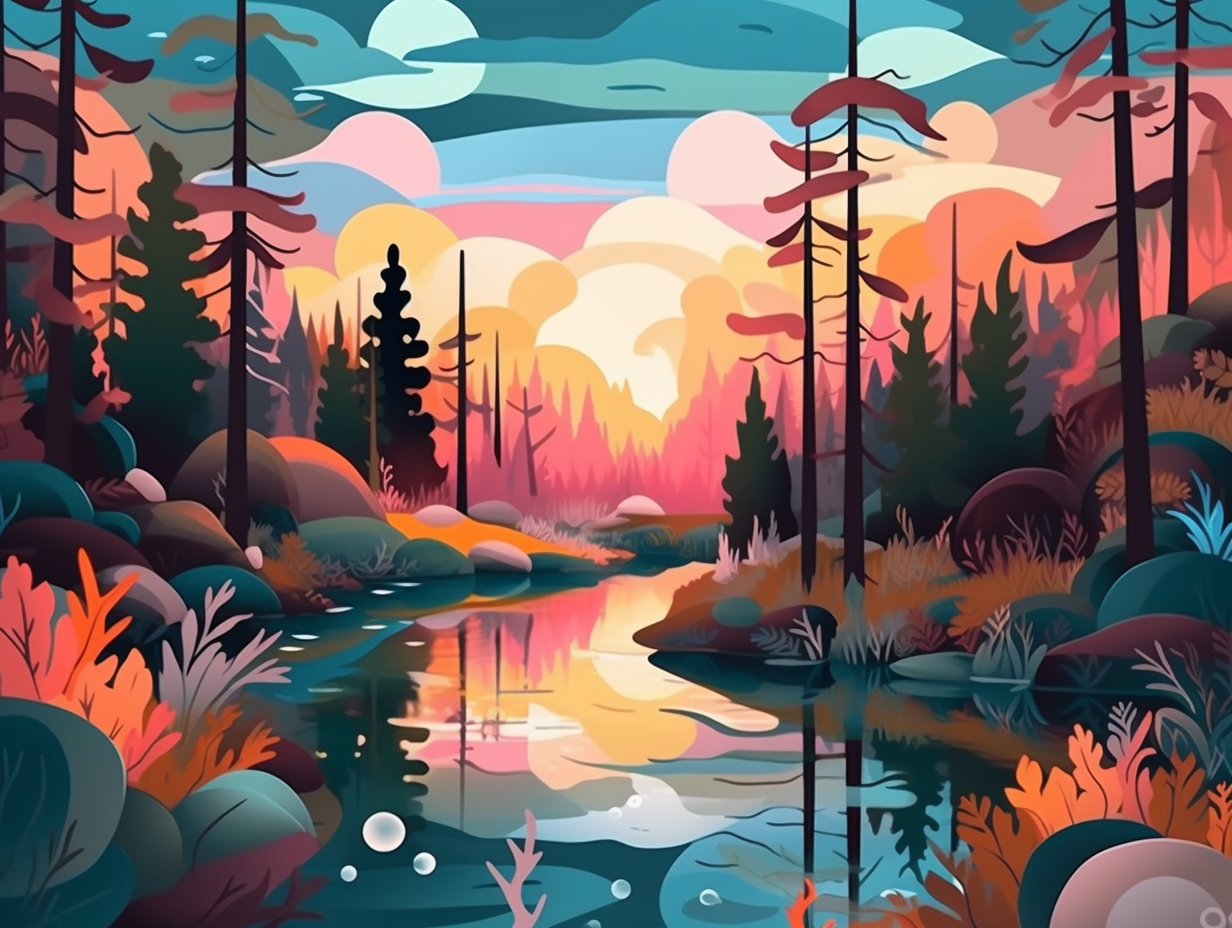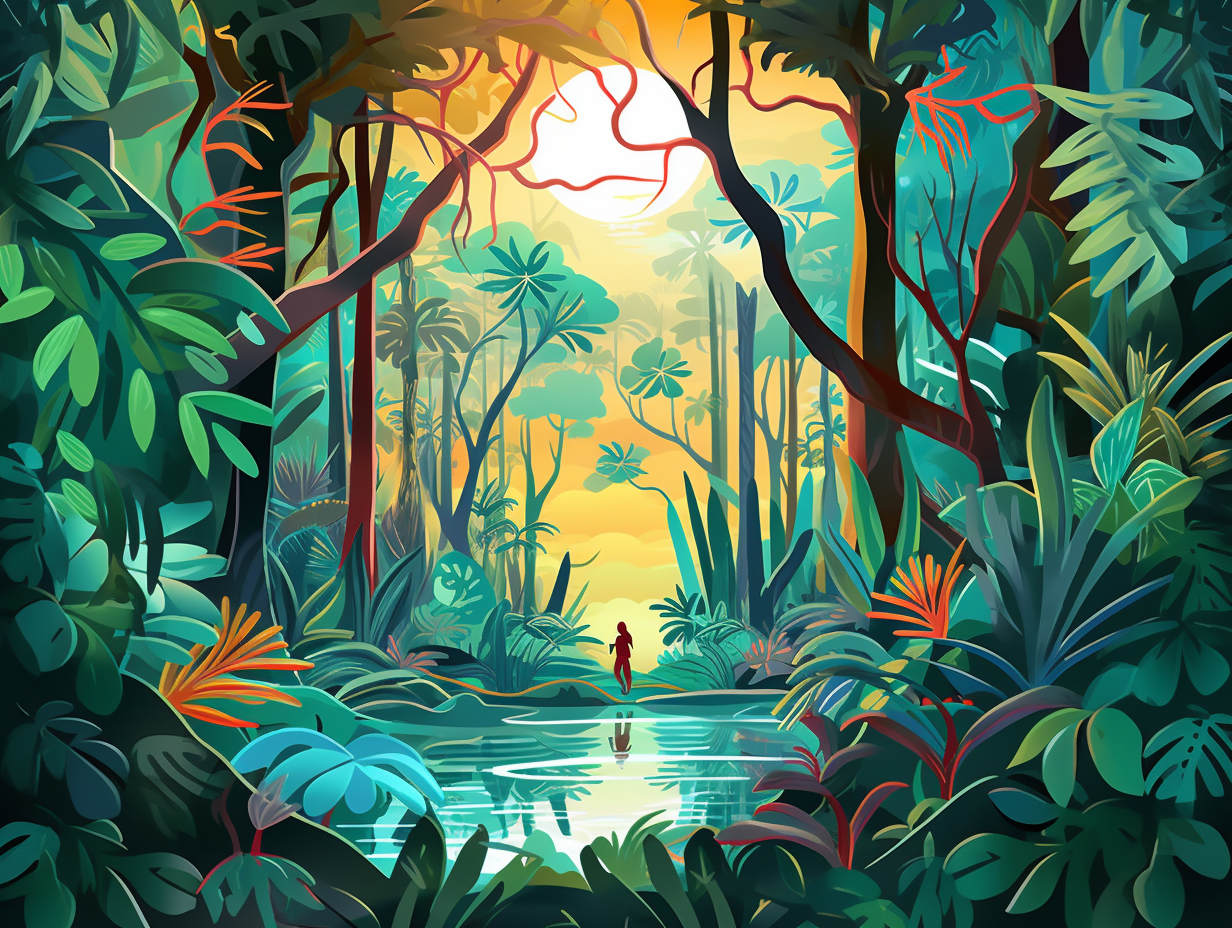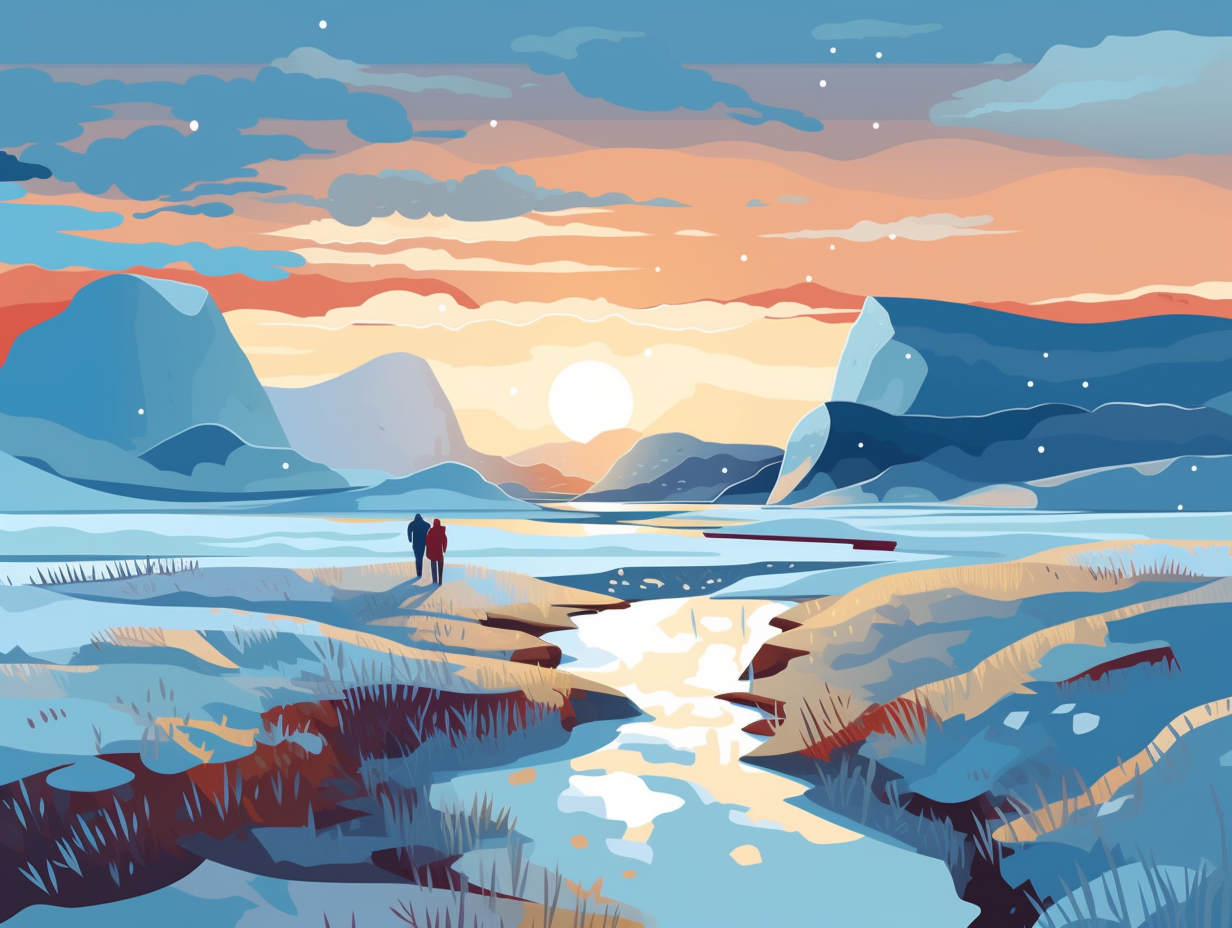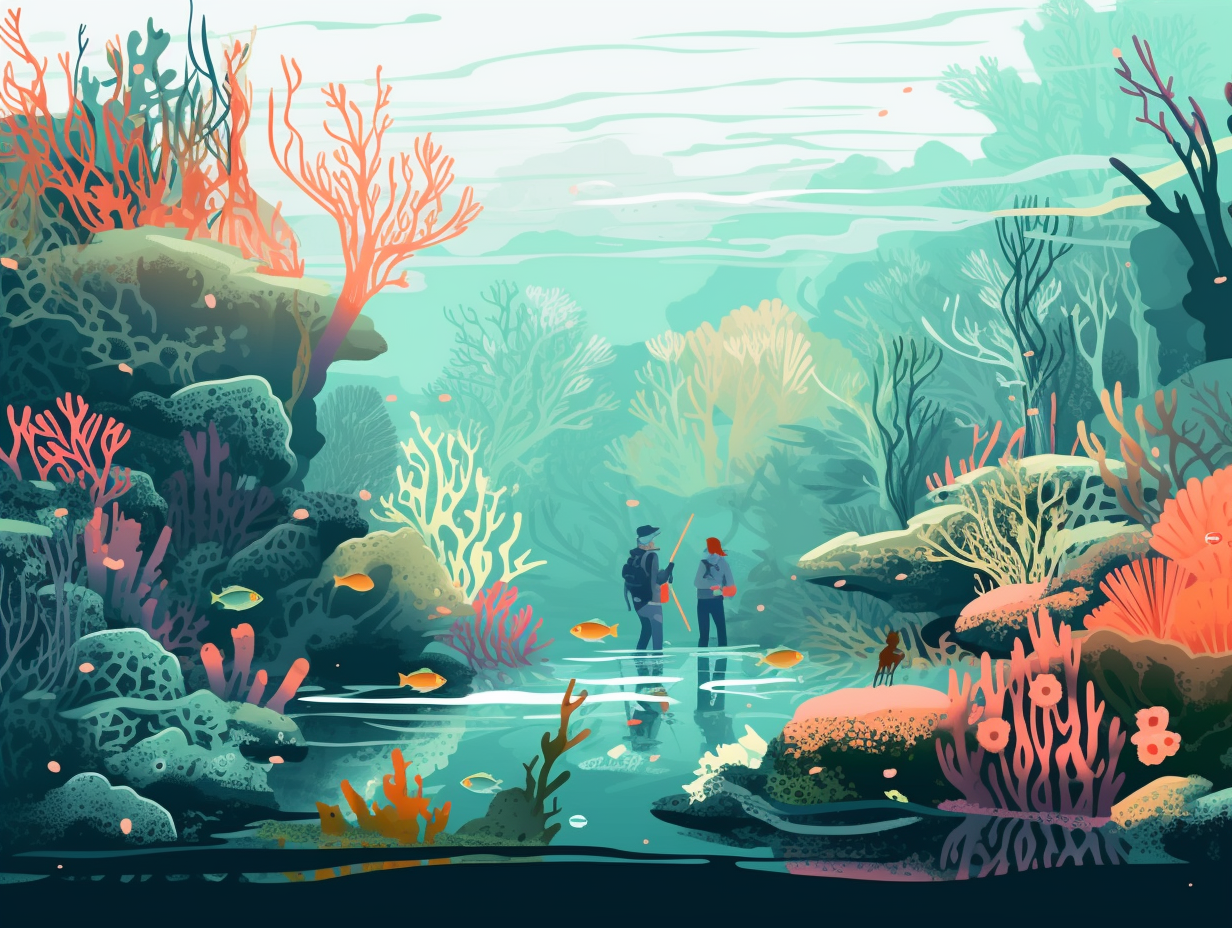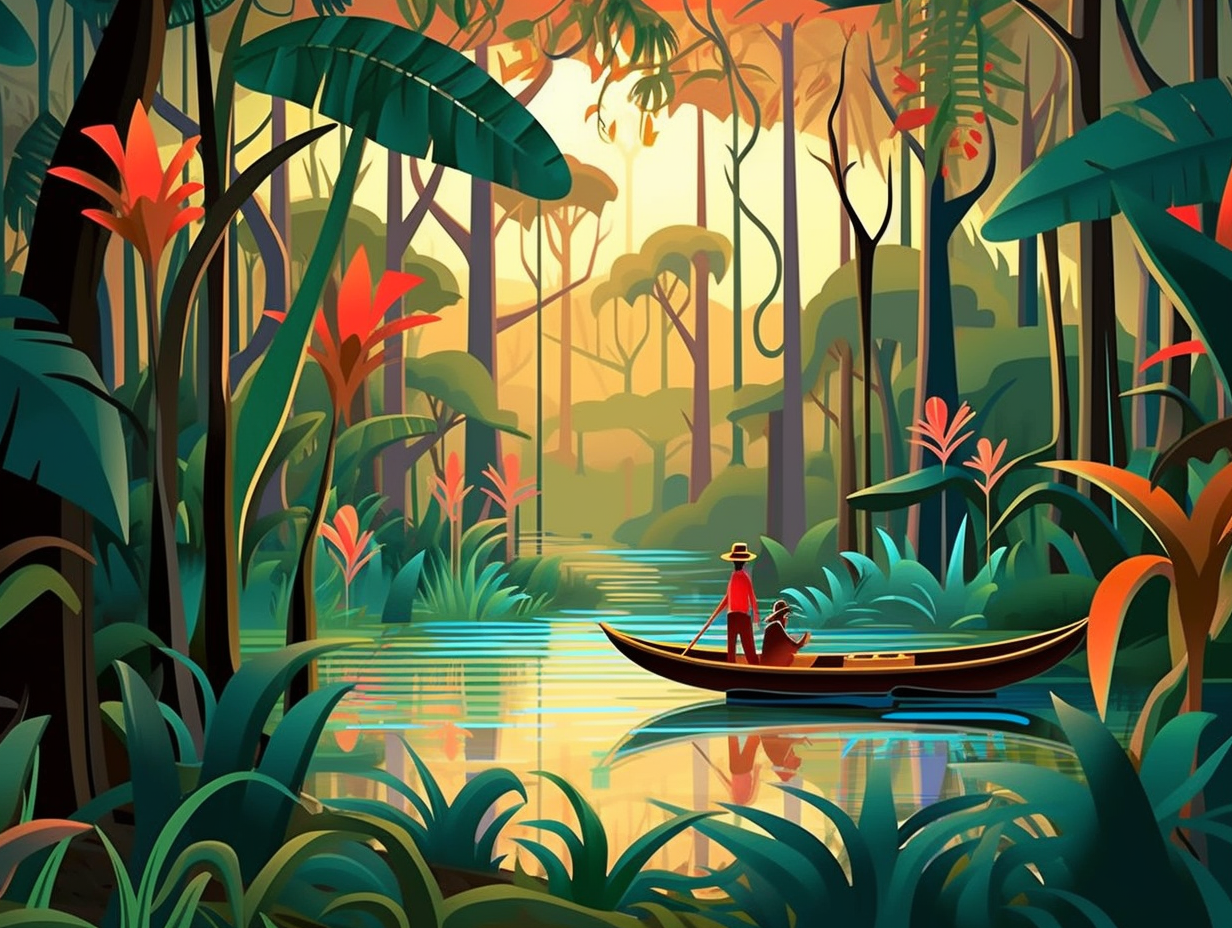Discover the Desert: 21 Fascinating and Fun Facts to Amaze and Entertain
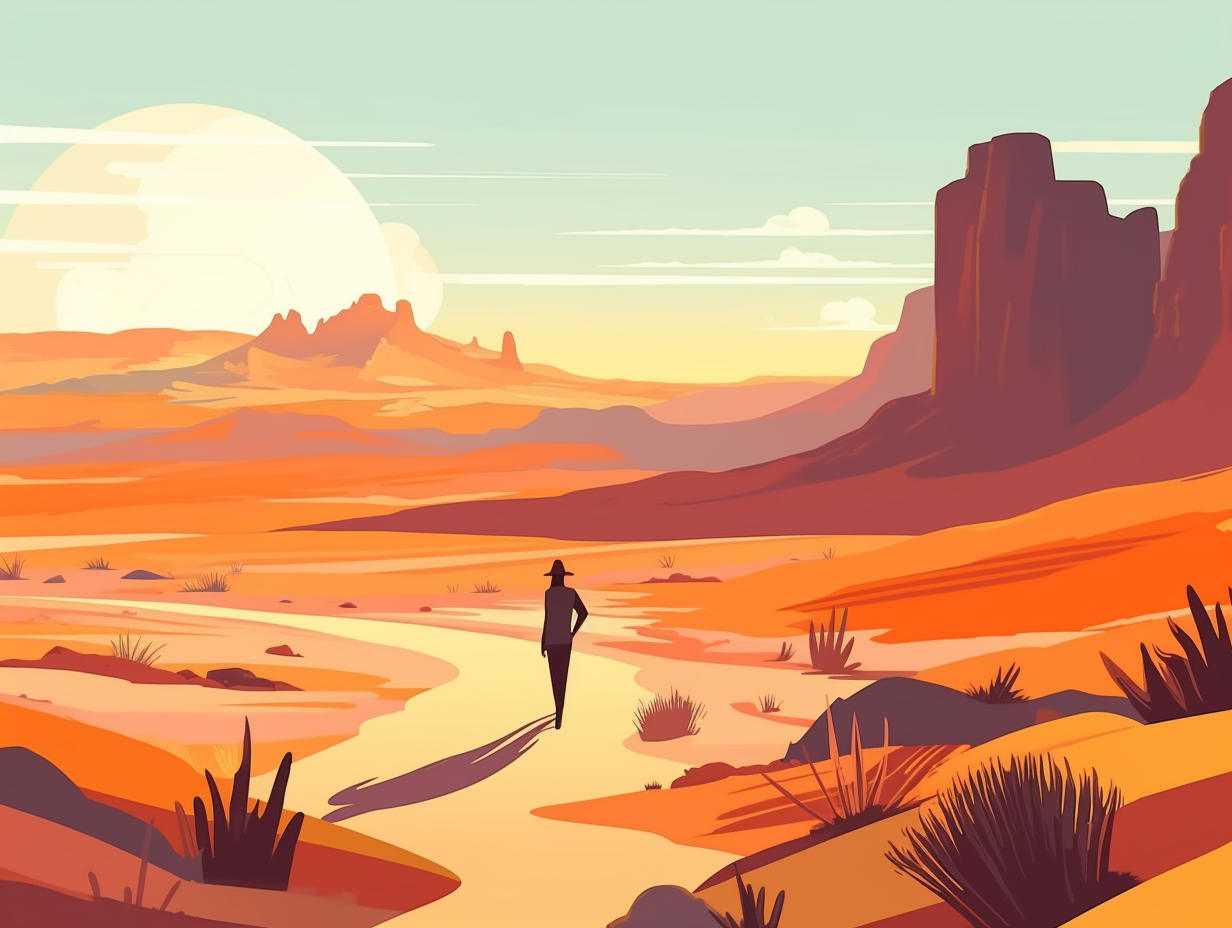
1. The Succulent Soap Opera
Whoever said the desert was just a prickle in the land with no cult following, clearly got it all cactus-backed: about 10,000 plant species are known to be part of the succulent family, with roughly 2,000 of them facing global extinction in the wild due to habitat destruction and collection for trade – talk about a succulent soap opera in need of desperate conservation measures!
Source => iucn.org
2. Camel Hump Myths
Feeling a bit hump-ty dumpty about your camel knowledge? You might be in for a surprise: Camels don't store water in their humps, but rather use them as fat storage for nourishment when food is sparse, and they can guzzle up to 20 gallons of water at once, which stays in their bloodstream, debunking the desert-dwelling "water bottles" myth.
Source => loc.gov
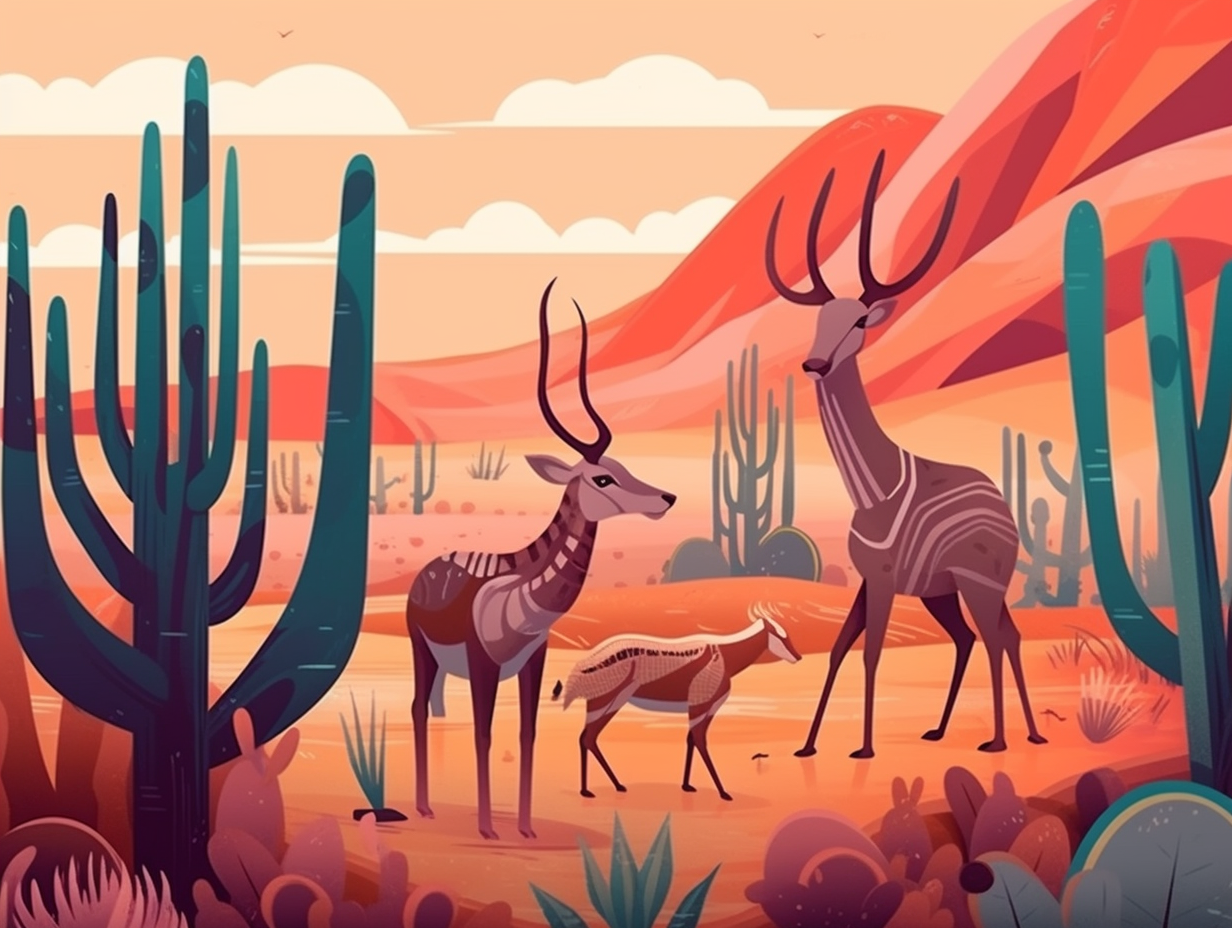
Did you know male camel-spiders use luring behaviors and even induce an immobile state in females for mating? 🕷️ Discover the risky world of arachnid dating, with injuries and cannibalism occurring in almost 40% of encounters!
=> Fun Facts about Desert-Animals
3. Sand Dunes' Musical Talent
Did you hear the one about the desert's secret musical talent? Perhaps it's ready to "slide" into the music charts: When sand grains at the Great Sand Dunes National Park and Preserve avalanche down the dunes and compress the air, they create a unique "singing" or "booming" effect. Even Bing Crosby was inspired by these talented sandy symphonies and incorporated them into one of his hits!
Source => nps.gov
4. Sahara's Lush Past
Once upon a time, the Sahara Desert was caught in a wet t-shirt contest, winning the title of "Lushest Landscape": In reality, about 11,000 years ago, the arid Sahara was brimming with lakes, rivers, forests, and grasslands, but speedy ecological changes (like human overgrazing, land management techniques, and copious dust) turned it into the dry and hot desert we know today.
Source => smithsonianmag.com
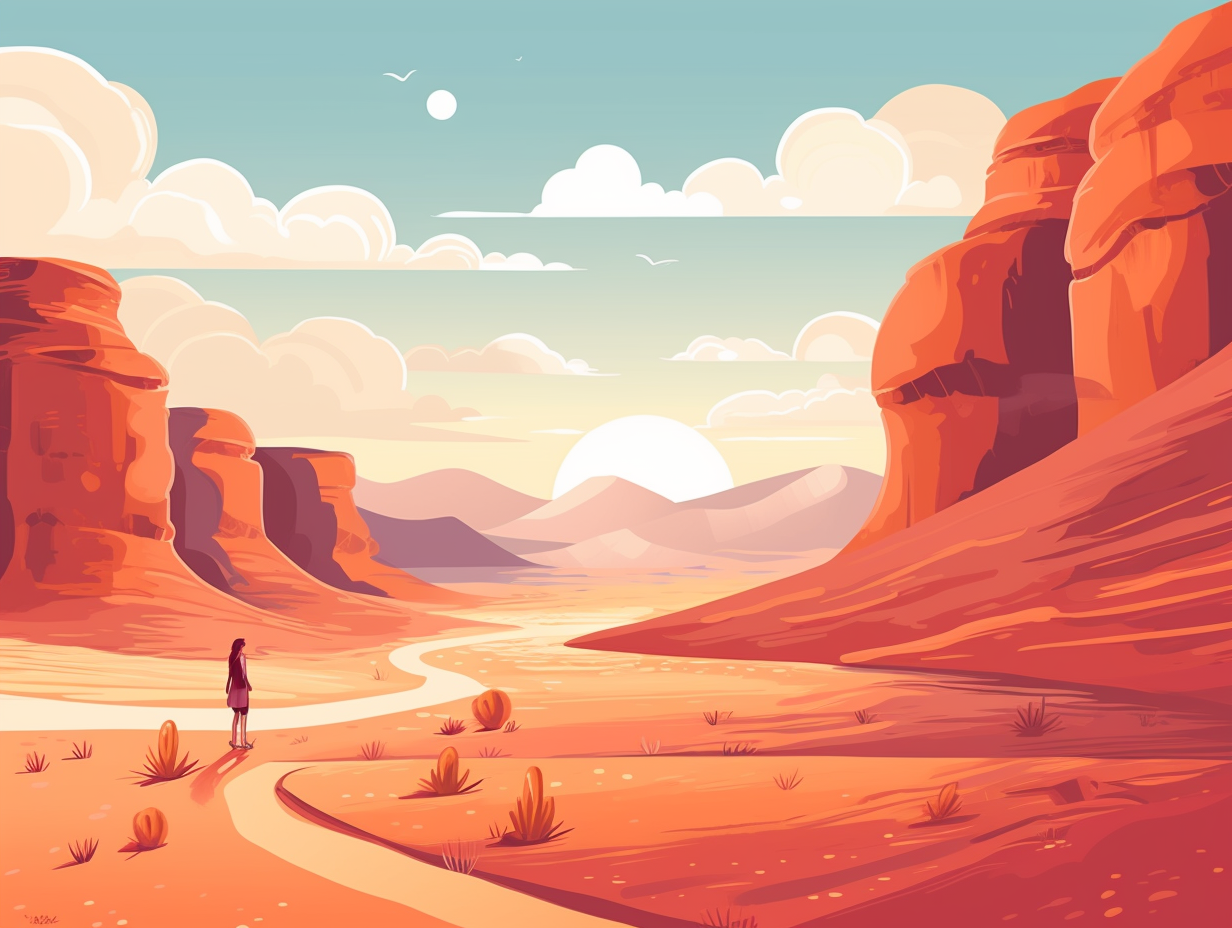
5. Misunderstood Camel Spiders
Cancel your subscription to Desert Horror Digest, because camel spiders won't be starring in any frightening tales: Despite their looks, these Arachnida-class could-be models for monster movies are actually harmless to humans, lacking any venom, and prefer dining on insects and small animals with their jaw-dropping bite forces. So next time you run into one, don't scream, just admire their predatory prowess!
Source => nationalgeographic.com
6. Mother Nature's Perm
If Mother Nature had a salon, The Wave in Arizona would be her masterpiece perm: This breathtaking sandstone formation, boasting wavy red and yellow stripes, was crafted over millions of years through wind, water, and mineral deposits, dating back to the Jurassic period.
Source => dreamlandtours.net
7. Super-Eared Fennec Foxes
They may be tiny, but they've got the hearing of a superhero with a satellite dish for ears: Fennec foxes use their acute hearing to pinpoint the location of prey hidden beneath the sand in the desert, allowing them to catch rodents, birds, and insects much larger than themselves.
Source => nationalzoo.si.edu
8. Atacama Desert's Dual Appeal
Once upon a cacti, in a land where thirst is king and water a myth, sprout the most unexpected party animals: Welcome to the Atacama Desert! Nestled here in Peru and Chile, you'll find parched yet perky flora like the desert Andean cactus, future Jeopardy champions, boasting astonishing survival skills like deep root systems and water storage wizardry. Plus, they've got a sweet pad for science buffs; our thorny friends share their sandy paradise with stargazers and prestigious observatories, thanks to its light-pollution-free skies, ideal for exploring the cosmic dance above.
Source => universetoday.com
9. Acrobatic Beetle Hydration
Who says you can't catch fog? Meet the Namib Desert's most dedicated water collector: the head-stander beetle. This acrobatic little chap puts us all to shame with its unparalleled fog-catching technique. Assuming the position of an expert yogi, it diligently gathers water from fog using its elytra only to graciously let it run down right into its mouth. This bizarre yet effective survival skill allows the beetle to thrive comfortably in one of the most unforgiving and arid environments on Earth. Who needs a water bottle when you've got keg-sized beetle skills?
Source => oneearth.org

10. Cactus Cocktail Party
Raise your glasses, cactus connoisseurs: the Tohono O'odham tribe of the Sonoran Desert has been throwing the prickliest parties since the dawn of time with their sacred tiswin beverage made from fermented saguaro syrup or mesquite flour. But don't go squeezing their cacti for water, as they only store a tiny amount in their tissues. Instead, relish the fact that brewing tiswin involves boiling and straining the ingredients, fermenting them in an earthenware jar that's never washed, just to keep those party-starting microbes alive and kicking. Cheers to desert merriment!
Source => en.wikipedia.org
11. Fairy Circle Mystery Solved
Lo and behold, the mysterious case of the Namibian grasslands takes a fantastical detour: termites are not the fairytale culprits for the whimsical phenomenon known as fairy circles. Nay, the University of Göttingen reveals that self-organizing grasses are the true Sherlock-worthy ecosystem engineers – ensuring their own survival by creating thirst-quenching geometric formations while flaunting their exceptional aesthetic taste in the harsh arid landscape.
Source => sciencedaily.com
12. Stargazing Paradise
If stargazing is your cup of cosmic tea, then the Atacama Desert is the Michelin-starred observatory buffet: This remote Chilean hotspot serves up unparalleled views of the Milky Way and southern constellations, all thanks to its minimal light pollution and ideal conditions. As the dream destination for both amateur and pro astronomers, it's no wonder that Atacama hosts some of the world's most advanced telescopes.
Source => smithsonianmag.com
13. China's Sand-Swallowing Road
If the Road Runner and Wile E. Coyote ever raced through China, they’d likely pass by a sign that reads: "Beware of sand swallowing the road!" Amidst the treacherous dunes of the Taklimakan Desert lies the world's longest shifting-sand highway, the Tarim Desert Road: a 349-mile long feat of engineering, paved with sand and fortified by geotextiles. Traverse "the sea of death" in under five hours, and be sure to fuel up at the lone gas station - it's surrounded by thousand-year-old trees, how "un-desert"-ful!
Source => dangerousroads.org
14. Sand Cats: Soda Stream Masters
Who needs a water fountain when you're a sand cat with a built-in soda stream?: These petite and reclusive desert kitties don't need to drink water for weeks, as they have mastered the art of extracting moisture from their meals, which include rodents and a side serving of venomous snakes, all while skillfully avoiding desert heat by turning nocturnal and burrowing. Their cool cat lifestyle, however, is under threat from habitat loss and a dwindling buffet line, leading to conservation efforts in Africa and Asia to keep them hydrated and thriving.
Source => nationalzoo.si.edu

15. Desert Watercolor Masterpiece
Who knew Bob Ross was a desert whisperer? While he's painting happy little clouds, the desert's got a secret watercolor masterpiece up its sleeve: The magnificent paints splattered across the sky in desert sunsets are due to the arid atmosphere, allowing longer wavelengths of light to shine while shorter ones scatter, and the rarity of clouds means those scarce wispy formations at dusk become brushes, reflecting sunlight into a breathtaking kaleidoscope of rosy hues.
Source => mentalfloss.com
16. Nocturnal Cactus-Bat Party
They say timing is everything, well, the Organ Pipe cactus and the lesser long-nosed bat duo are nature's ultimate punctual party animals, teaming up for nocturnal nectar extravaganza: Found only in the Sonoran Desert, the Organ Pipe cactus blooms with white, creamy flowers in May and June exclusively at night and closes them by mid-morning, while the lesser long-nosed bat has evolved to become its main pollinator, helping it keep its exclusive after-dark guest list.
Source => nps.gov
17. Dehydration-Defying Snails
In a desperate bid to avoid dehydration, desert snails become the ultimate sand-dwellers, practically gnarling "You shall not pass!" at the scorching sun: They can survive arid conditions by sealing their shells with a door or mucus sheet, selecting microhabitats to retain water, and gliding without a mucus trail on sand, debunking popular myths about their silvery slime modes of transportation.
Source => carnegiemnh.org
18. Sahara's Size Surprise
Whoever said size doesn't matter clearly hasn't met the Sahara: this sandy superstar stretches across a whopping 9.2 million square kilometers, making it the world's largest hot desert and third-largest desert overall, after the chillier cousins in Antarctica and the Arctic!
Source => albomadventures.com
19. Lake Nyos' Tragic Surprise
Who'd have thunk it: underground gas and water trying to throw a surprise party? At Lake Nyos in Cameroon, 1986, Mother Nature sure brought the noise with her own brand of party-popper - an explosive limnic eruption that had everyone "gasping" for air! The serious reveal: Over 1,700 people and 3,500 livestock lost their lives when a pesky carbon dioxide build-up at the bottom of the lake burst forth, leading to the installation of a degassing system to avoid any future unwanted "celebrations".
Source => en.wikipedia.org
20. Temperature Tumble Circus
Step right up and witness the Sahara's daily circus act: the Temperature Tumble! Where daytime scorchers turn to nighttime frostbites in mere hours like a blazing and freezing tango: The desert air's dryness and sand's heat radiating abilities create a drastic temperature plunge from around 100°F (38°C) during the day to 25°F (-4°C) at night. But worry not, the acrobatic animal residents have fine-tuned their strategies - be it reptiles finding cozy hideaways or camels sporting fancy fat and fur, they cruise through their temperature-intensive routines with grace.
Source => indiatimes.com
21. Desert VIP Club
If you think deserts are just nature's answer to a "Hot 'n Dry" laundromat special, guess again! They're actually more like exclusive clubs for the toughest flora and fauna around: Deserts boast a diverse range of resilient plant and animal life, from sturdy cacti to sneaky desert foxes and party-crashing rattlesnakes. These dunes-dwellers are well-adapted to surviving in the harsh conditions and play crucial roles in maintaining the delicate desert ecosystem.
Source => nationalgeographic.org
Related Fun Facts

